Codependence: Treatment Strategies for Clients Who Lose Themselves in Others – Nancy Johnston (Digital Seminar)
Description:
Extending far beyond its roots in addictions work, codependence is a universal issue that shows itself in a variety of diagnoses, from anxiety and depression to trauma-related and eating disorders.
Join Nancy Johnston, MS, LPC, LSATP, MAC, NCC, addictions and codependency expert, for this compelling 3-hour webinar designed to provide guidance, insight, and straightforward strategies for clients who are:
- Over-focused on caring for, fixing, controlling, pleasing, and/or conflict-avoiding
- Adult children of an addict
- Spending session talking about someone else
- Having difficulty allowing their children to become independent
- “Too resilient”; downplay suffering, forget how hard something was
- Struggling to leave an abusive situation or relationship
- Afraid to make necessary changes despite being unhappy
- Numb or unaware of what they want or feel
- And more!
Taught in everyday language and filled with practical tools, this is a recording you don’t want to miss!
Outline:
Conceptualizing Codependent Dynamics in a Practical Way
- Over-functioning for others while under-functioning for the Self
- The physical and emotional costs of a “dominant external focus”
- Codependence as a precursor to anxiety, depression, and relationship difficulties
- Limitations of the research and potential risks
Assessment: Broadening Your Lens to Include the Codependence Paradigm
- How to identify and address codependence without stigmatizing
- Self-understanding (the why), self-awareness (the what), and skill sets (the how)
- Addressing the grief that underlies acceptance of reality
- What’s missing from the Stages of Change
Treatment Tools: Help Clients Detach from Codependence and Anchor Within the Self
- Setting goals that make sense
- Shifting focus from external to internal
- 3-part boundary setting skills
- Visuals to illustrate the relationship between the self and others
- Building “quiet reactivity”
- Breaking through the illusion of control
- Daily practices for self-awareness and self-care
- And more!
Case Studies:
- 50 y/o mother, overly enmeshed with adult child who repeatedly relapses from alcohol recovery
- 36 y/o, depressed and insecure, unsure of role at work, feels excluded and inconsequential
- 17 y/o, discouraged and hesitant to share true thoughts and feelings with partner
FITNESS – HEALTH – MEDICAL Course
More information about Fitness:
Regular exercise and physical activity promotes strong muscles and bones. It improves respiratory, cardiovascular health, and overall health.
Staying active can also help you maintain a healthy weight, reduce your risk for type 2 diabetes, heart disease, and reduce your risk for some cancers.
Moderate aerobics exercises 3 times a week for 30 minutes can reduce cancer risk Cancer-based exercises provide relief to the patient during
cancer treatment There are many benefits to exercising. But it’s even more beneficial for cancer patients.
This has been proven in research published in the medical journal ‘Cancer Journal for Clinicians’.
Preview Information:
Original Page
Archive Page


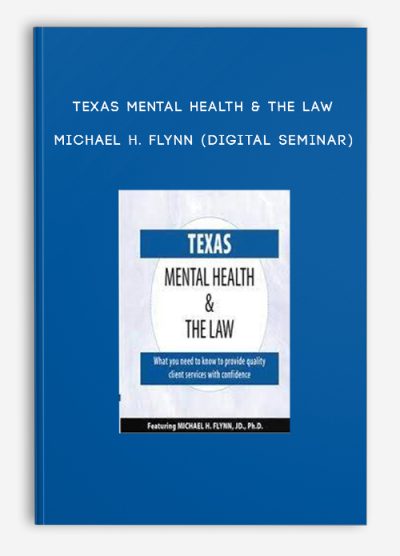
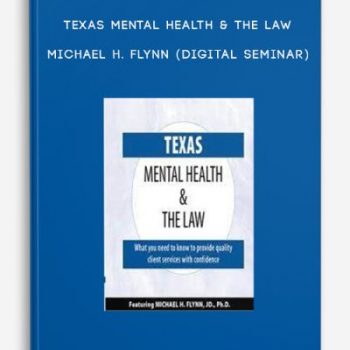
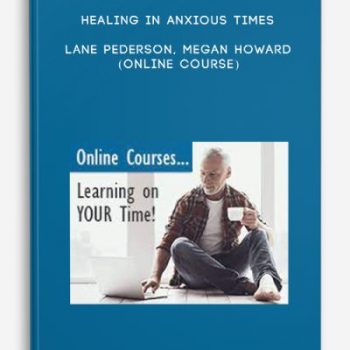
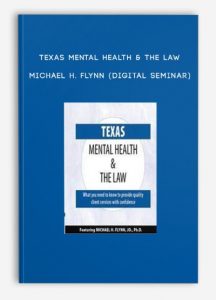



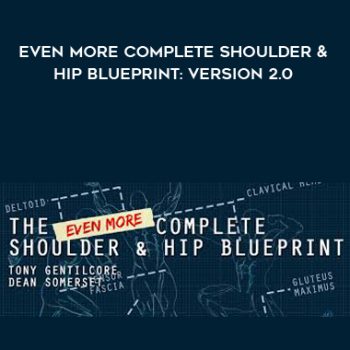


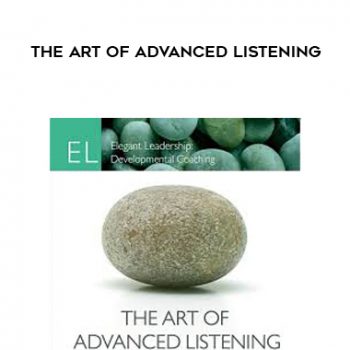

Lord –
This is Digital Download service, the course is available at Vincourse.com and Email download delivery.